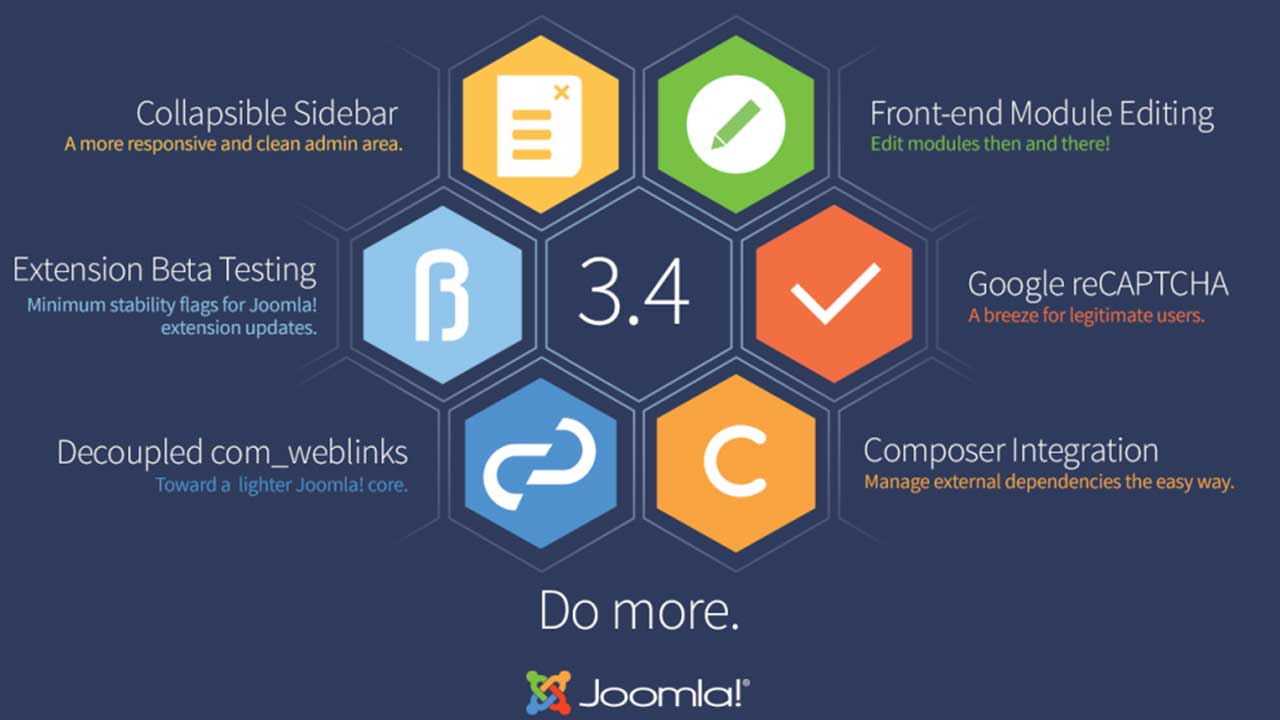Customer Relationships through Effective Management
Introduction
In the world of business ,it is enhancing customer relationships strong and long-lasting is critical to achieving success. This is where CRM comes in handy. CRM refers to a range of practices, strategies, and technologies that enable companies to efficiently organize and scrutinize customer interactions and data throughout the customer lifecycle. By adopting CRM systems, businesses can enhance customer service, improve customer retention, and increase sales growth. In this blog, we’ll explore the fascinating world of CRM and how it can transform the way you manage customer relationships.
Why CRM (Customer Relationships Management) Benefits Businesses
CRM offers numerous benefits that can positively impact businesses of all sizes. Let’s delve into some of the key advantages:
-
Improved Customer Service:
CRM systems empower customer support representatives with easy access to comprehensive customer information, including past purchases and interaction history. This enables them to provide better and faster customer service, personalized recommendations, and timely issue resolution.
-
Enhanced Data Insights:
By collecting and accessing customer data, businesses gain valuable insights and trends through reporting and visualization features. These insights help in understanding customer preferences, behavior patterns, and emerging market trends, enabling targeted marketing campaigns and improved decision-making.
-
Streamlined Workflow Automation:
Client relation management systems automate repetitive sales funnel and customer support tasks, freeing up invaluable time for employees to focus on more creative and high-level responsibilities. This automation leads to increased efficiency, productivity, and a smoother customer journey.
Components of CRM (Customer Relationships Management):
At its core, CRM software consolidates customer information into a centralized database, making it easily accessible and manageable for business users. Over time, CRM systems have evolved to incorporate additional components and functionalities, including:
-
Marketing Automation:
Customer relation management tools with marketing automation capabilities automate various marketing tasks throughout the customer lifecycle, such as email marketing campaigns and lead generation, ultimately converting prospects into loyal customers.
-
Sales Force Automation:
Sales force automation tools enable tracking and management of customer interactions, streamlining the sales cycle and fostering customer loyalty. They automate sales processes, lead tracking, and customer follow-ups, optimizing sales team performance.
-
Contact Center Automation:
Contact center automation utilizes technology, such as prerecorded audio and chatbots, to simplify and expedite customer problem-solving and support processes. It reduces call durations, enhances customer experiences, and improves overall operational efficiency.
-
Geolocation Technology:
Some CRM systems leverage geolocation technology to create targeted geographic marketing campaigns based on customers’ physical locations. Additionally, it can serve as a networking tool to identify potential sales prospects in specific areas.
-
Workflow Automation:
CRM systems optimize business processes by automating mundane tasks and workflows, allowing employees to focus on more strategic initiatives. This streamlines operation and improves overall efficiency.
-
Lead Management:
CRM facilitates effective lead management by enabling sales teams to input, track, and analyze lead data in one centralized location. This comprehensive view of leads helps businesses nurture prospects and maximize conversion rates.
-
Human Resource Management (HRM):
CRM systems can also support human resource management by tracking employee information, performance reviews, and benefits within the organization. This functionality empowers HR departments to manage the internal workforce effectively.
-
Analytics:
Analytics capabilities in client-customer relations management enable businesses to analyze user data, identify customer behavior patterns, and create targeted marketing campaigns. It helps improve customer satisfaction rates and drives business growth.
-
Artificial Intelligence (AI):
AI technologies integrated into CRM platforms automate repetitive tasks, predict customer behavior, and enhance decision-making processes. Features like Salesforce Einstein leverage AI to revolutionize customer insights and engagement.
-
Project Management:
Some CRM systems offer project management features that help users track client projects, manage objectives, align strategies, monitor progress, and mitigate risks. This streamlines project collaboration and ensure successful project completion.
-
Integration with Other Software:
CRM systems often integrates seamlessly with other software applications like call center systems and enterprise resource planning (ERP) systems, providing a unified platform for managing customer interactions and data.
Types of CRM Technology:
CRM technology comes in different forms, tailored to meet diverse business needs. Let’s explore the main types of CRM deployment:
-
Cloud-based CRM:
Cloud-based CRM, also known as Software-as-a-Service (SaaS), stores data on remote networks accessible via the Internet. This type offers quick deployment, scalability, and accessibility from anywhere, making it suitable for businesses of all sizes. Popular cloud-based CRM providers include Salesforce, HubSpot, and Zendesk.
-
On-premises CRM:
On-premises CRM involves hosting the CRM software on the company’s own servers, offering complete control over data security and customization. It requires upfront licensing fees and is often preferred by businesses with complex CRM requirements.
-
Open-source CRM:
Open-source CRM systems provide flexibility and customization options, allowing companies to modify the source code according to their specific needs. Platforms like OroCRM, Bitrix24, SuiteCRM, and SugarCRM offer open-source alternatives to proprietary CRM solutions.
CRM Examples in Practice:
CRM finds application in various contexts, such as sales, marketing, and customer service. It enables businesses to streamline processes, enhance communication, and personalize interactions with customers. Additionally, CRM systems help organizations analyze data to make informed decisions and improve overall customer satisfaction
-
Contact Center:
CRM systems streamline data intake practices, enabling sales, marketing, and contact center teams to gather and update customer information throughout the customer journey. This ensures consistent and personalized customer experiences.
-
Social CRM:
Social CRM involves engaging with customers directly on social media platforms, leveraging tools to monitor conversations, analyze feedback, and address customer queries. It helps build brand loyalty and harness the power of customer communities.
-
Mobile CRM:
These customer-centric applications for smartphones and tablets empower sales and marketing professionals to access customer information on the go, leveraging unique features like GPS and voice recognition to enhance customer interactions.
-
Business-to-Business (B2B) Practices:
CRM systems play a vital role in monitoring and optimizing B2B sales processes, providing visibility into leads, improving efficiency, and fostering stronger business partnerships.
CRM Challenges:
While CRM offers immense potential, proper management is crucial for success. Challenges that organizations may face include:
-
Data Integration and Organization:
Connecting and organizing disparate data sets is essential to achieve a unified view of the customer. Data duplication, outdated information, and disconnected systems can lead to inefficient operations and hinder the customer experience.
-
User Adoption and Training:
Ensuring user adoption and providing adequate training are key to realizing the full potential of CRM. Employees need to understand the benefits and functionalities of the CRM system to leverage its capabilities effectively.
-
Data Security and Compliance:
Maintaining data security and complying with regulations is critical when utilizing CRM, especially with cloud-based solutions. Companies must prioritize robust security measures and carefully select CRM providers with solid data protection practices.
Conclusion:
CRM is a powerful tool for businesses seeking to enhance customer relationships, improve customer service, and drive sales growth. By leveraging CRM systems and technologies, companies can gain a comprehensive understanding of their customers, streamline operations, and deliver exceptional experiences at every touchpoint. Whether it’s through improved customer service, efficient workflow automation, or data-driven insights, CRM empowers businesses to build meaningful connections and thrive in today’s competitive marketplace.









